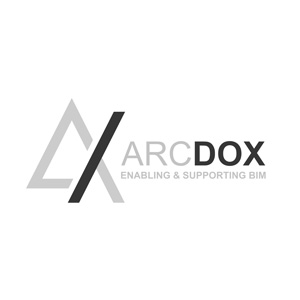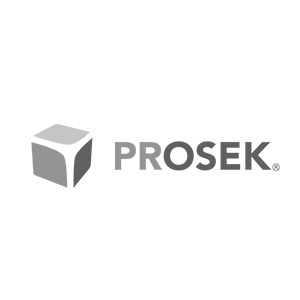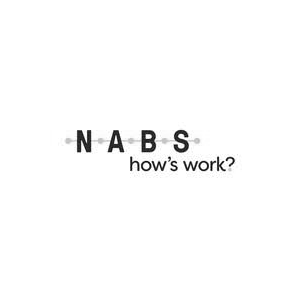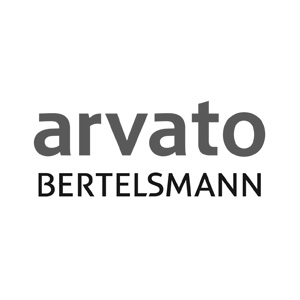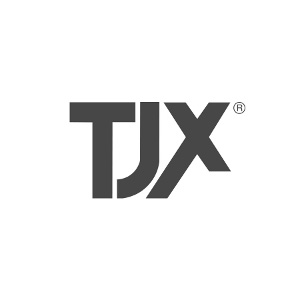31.05.2019
Workplace Trends: Co-Working Office Fitout
The Gig Economy has emerged in recent years and is driving the co-working office fitout. And co-working spaces are now more than simply hot desking.
The Gig Economy is the trend that sees organisations choosing to hire freelancers rather than full-time employees. The Gig Economy includes many types of work arrangements such as independent contractors, on-call and temporary workers. Gallup’s Gig Economy 2018 paper estimated that 36% of all workers in the US participate in the gig economy in some capacity.
What the Gig Economy also represents, is a change the workforce. There are growing demands and expectations of; more flexibility, control, remote working etc.
Short-term contracts and freelance work are now commonplace across a lot of sectors, at many levels. It is expected that over 50% the US workforce will be engaged in some form of independent work over the next five years, with European trends following closely.
What Does it Mean for the Workplace?
The factors driving the Gig Economy, such technological advancement, economic and social considerations, are in many ways, at odds, with the traditional office. However, for many, work is a social activity and professional isolation can negatively impact performance and productivity.
This where co-working office fitout and flex-working spaces offer the perfect solution. They provide a shared workplace utilised by a wide variety of professionals, who want the social interaction and amenities that a modern office space provides; without the longer-term commitment (and cost) of a lease.
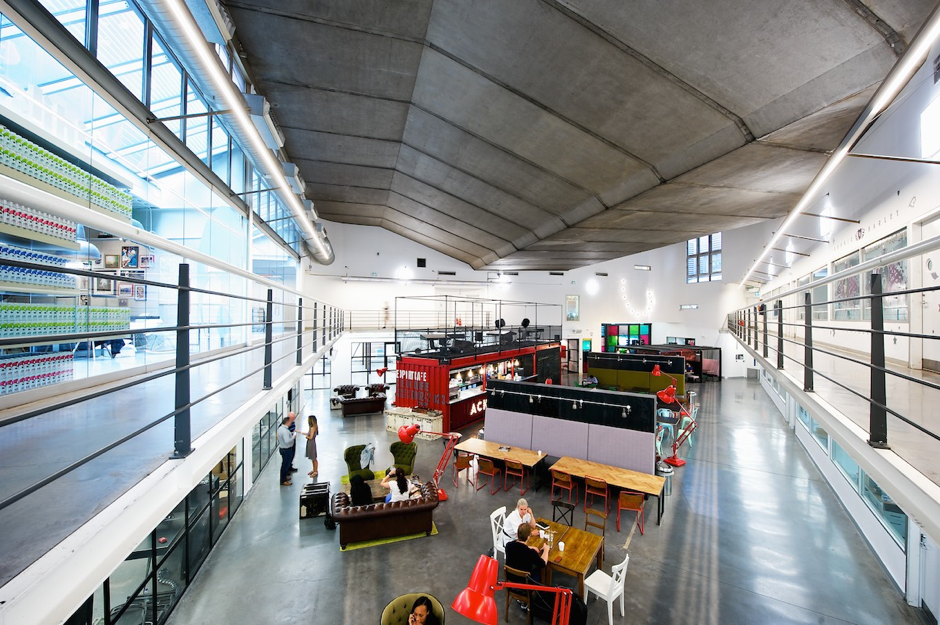
Co-working spaces have become increasingly customised and no longer simply consist of hot desking. Elements like coffee shops/cafes, private meeting rooms and offices are now the standard.
Research by the Harvard Business Review into what makes co-working spaces so effective highlighted two factors;
- Control & Flexibility – co-working spaces are generally accessible 24/7 and the facilities they provide such as coffee shops, gyms, mix of quiet and shared spaces offer professionals control over when and how they work.
- Sense of Community – a co-working environment provide opportunities for networking and social interaction (but, crucially, these are not forced!)
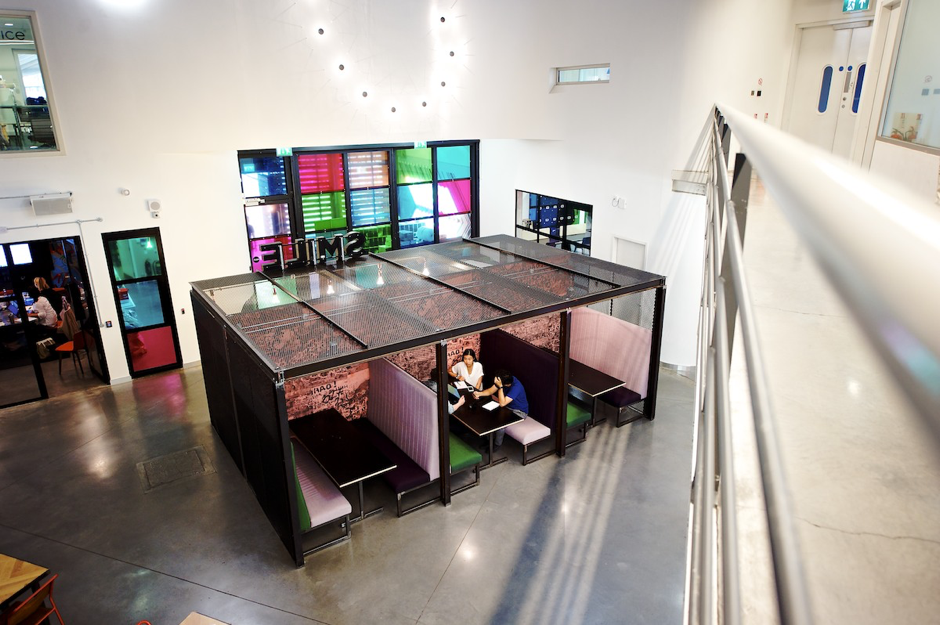
The Future of Co-Working
There are factors, other than the Gig Economy, now driving demand for co-working spaces.
Larger companies now employ co-working as part of their workplace strategy. A co-working office fitout allows organisations to offer employees flexibility; to work in locations that suit them better. This benefit can be key to corporate wellness programmes, allowing employees an alternative to long commutes.
Co-working offers environmental benefits; shared workspace and facilities which result in fewer overheads and infrastructure.
It not only delivers savings on rent, but is an effective way to outsource the delivery of services such as cleaning, maintenance, catering, WIFI etc.
Unique design is becoming an increasingly important differentiator in the co-working sector. By designing with the user in mind, spaces can attract a segment, creating a productive and creative environment that allows companies and freelancers to grow their networks and build a strong community.
At IIS Space we are experienced in delivering fitouts in co-working spaces. Have a look at some of our projects here.
Contact us today at info@iisspace.com








